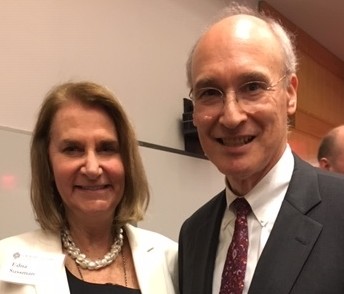A Centennial Crossroads: Reimagining the U.S. Federal Arbitration Act in the Light of International Commercial Arbitration
This year marks the 100th anniversary of the Federal Arbitration Act (FAA), a statute that has profoundly shaped arbitration not just in the United States, but around the world. As we pause to reflect on the FAA’s global influence, it is also an opportunity to consider how global arbitration norms have circled back to reshape…

